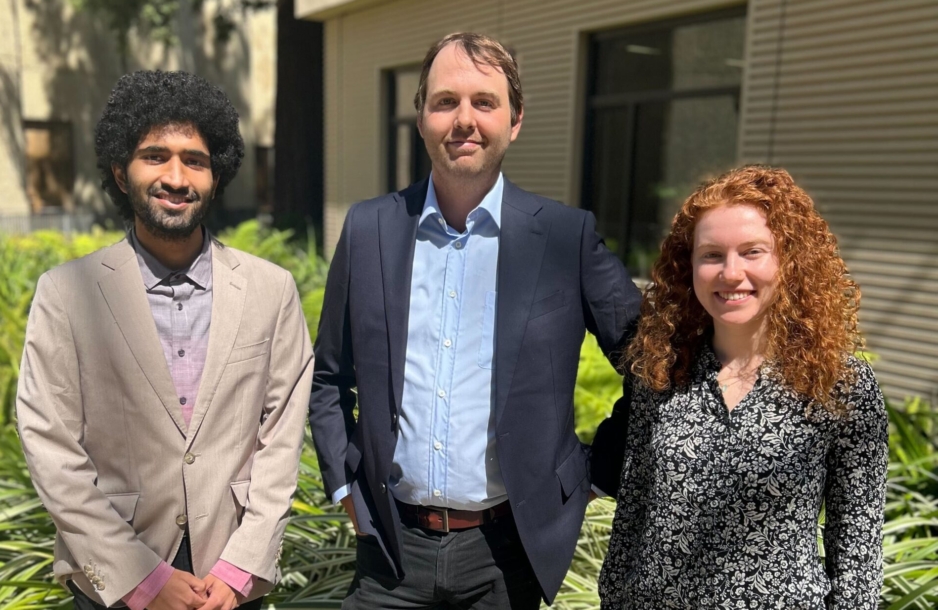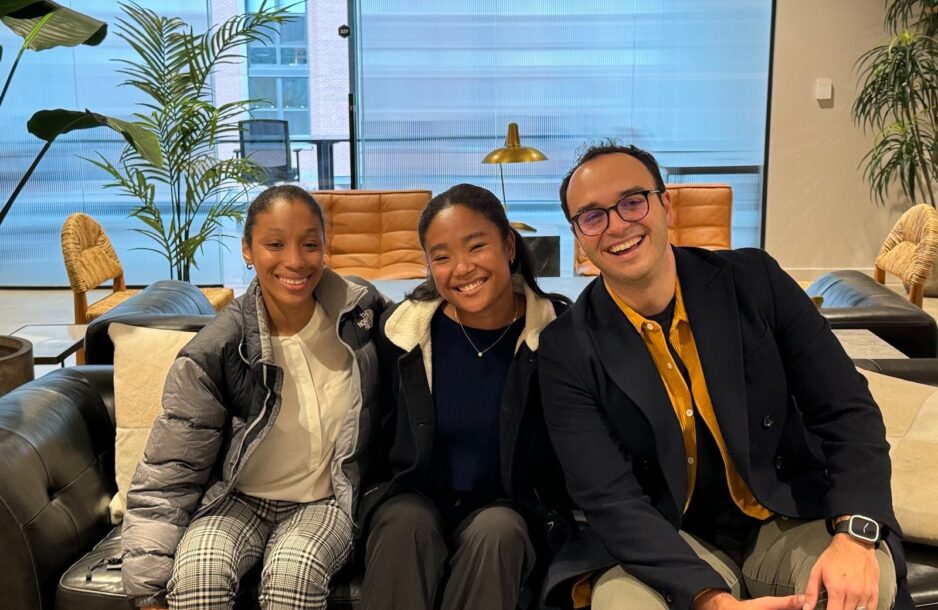Practice
The Clinic’s projects are designed and implemented in partnership with impacted communities and civil society. Community agency and power are values at the core of the Clinic’s work. Student teams, with close supervision and mentorship from Clinic supervisors, support our project partners’ efforts to prevent and redress human rights violations and foster peace and justice. The Clinic currently works on three broad issue areas: peace and justice, equality and non-discrimination, climate justice, and rights across borders.
Peace and Justice

Spring 2023

Fall 2023

Spring 2024

Fall 2024
Equality and Non-Discrimination

Spring 2023

Fall 2023

Spring 2024

Spring 2024

Fall 2024
Climate Justice

Fall 2024
Rights Across Borders

Spring 2023

Fall 2023

Spring 2024



